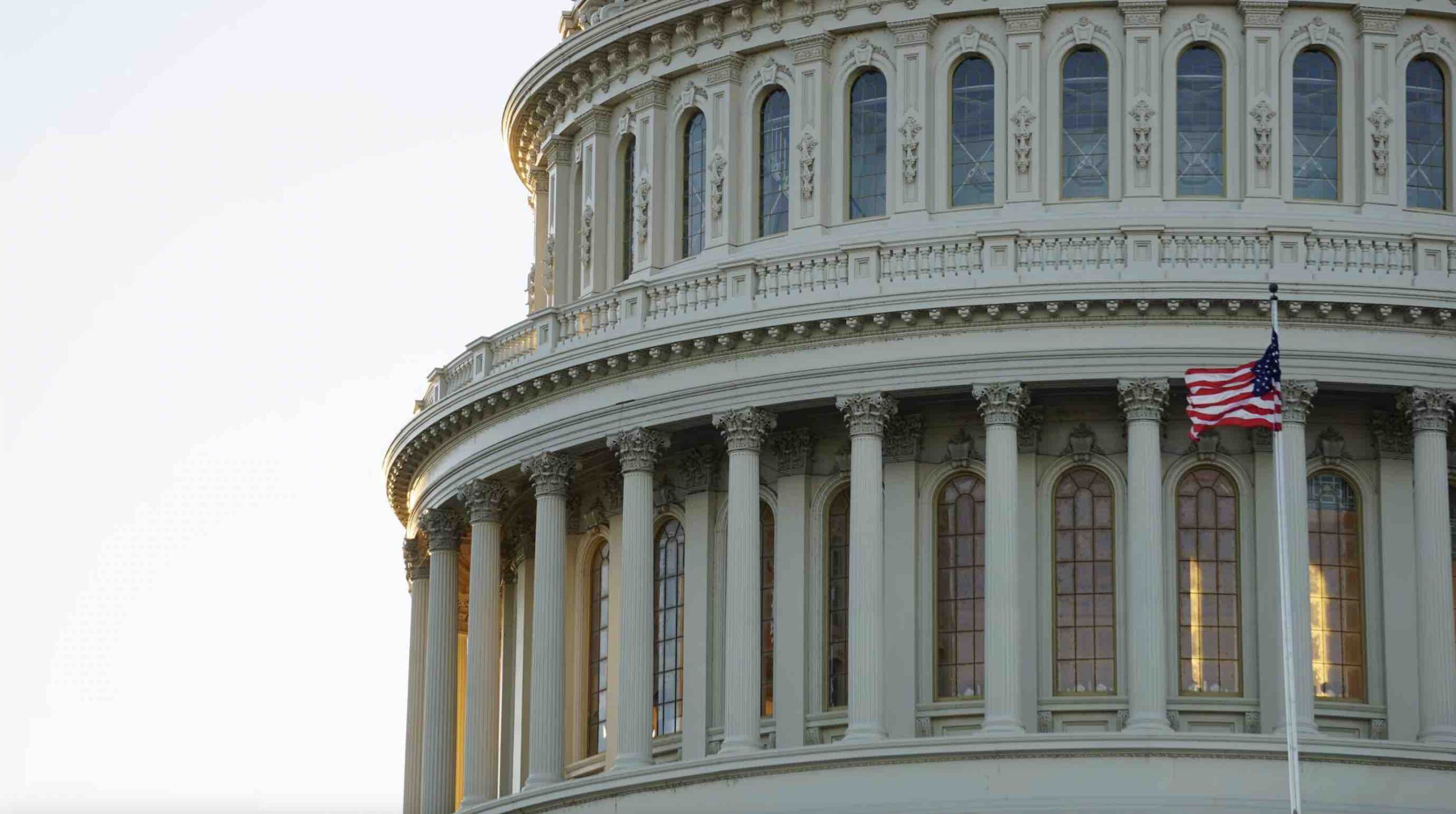When legislators trade stocks, they erode the foundations of American democracy. Such a sentiment may ring outrageously bold, but this is an idea that the majority of Americans seem to subscribe to. In recent polls, 67% of Americans signaled their support for a ban on congressional stock trading. Support for this ban does not end with the American public either. Recently, the Federal Reserve, the central banking system of the U.S., banned its officials from trading, citing the need to reinforce public confidence in the “impartiality and integrity” of the bank. Yet, when faced with the same concept of banning trading by its own members, Congress has dragged its feet. The obvious misalignment between the American public and Congress begs the question: Why doesn’t Congress agree?
The answer to this question reveals itself in the muddled history of transparency issues in the American government. One of the first pieces of legislation aimed at combating the rampant lack of transparency that mired the government was the Ethics in Government Act of 1978. Passed after the infamous Watergate scandal, the act began the requirement of financial and employment disclosure of public officials and their immediate families and created the U.S. Office of Independent Counsel, which is assigned to investigating government officials. There now existed an outline for accountability and transparency in Congress. Yet, an outline was just an outline. More extensive legislation would be needed to fully remedy the situation.
The act eventually paved the path for the Obama administration’s 2012 STOCK Act, a bill that required increased disclosure of financial assets, included insider trading on a list of crimes that resulted in pension forfeiture for corrupt members, and made all of this information accessible online. This was a giant step forward in fortifying transparency and accountability measures within Congress. However, this giant step forward was soon to encounter a giant leap backward. About a year later, Congress subtly dismembered the act. While there were claims that the original STOCK Act was too invasive, others claimed this was a targeted gutting of the bill. The revisions to the STOCK Act greatly reduced the accessibility of the information and narrowed the scope of its application to legislative officials. Once again, the realm of financial transparency within Congress became increasingly muddled.
There is an evident motif throughout this history of financial transparency in Congress: Incremental change meets another larger and slippier loophole. With all of this supposed progress, government officials continue to exploit their positions for political and personal gain. So, then, what is the underlying issue preventing the restoration of accountability, transparency, and ultimately democracy in Congress? There is an inherent flaw within the reform process. Slight legislative changes will always fail to adequately address flagrant structural issues.
Consider, for instance, Congress’ incentive to ban its own stock trading. It has none. According to a report on the investments of the House of Representatives, members of the House, on average, outperformed the average investor by 6%. Even more horrifyingly, the problem of exploiting politically gained insider information was exacerbated during the pandemic. Allegedly, after attending a Senate briefing on the rise of COVID-19, Sens. Richard Burr and Kelly Loeffler — whose husband is the chairman of the New York Stock Exchange — sold a large sum of stocks using their newly attained knowledge of the pandemic to their benefit. When the country was at one of its most vulnerable times in dire need of leadership, members of Congress chiefly thought of their own pockets.
Despite these constant offenses, there remain little to no repercussions for those found in violation of the STOCK Act. As it currently stands, if there is a discovered infraction of the 2012 STOCK Act, legislative officials are supposed to pay a $200 fine or more depending on circumstance. In reality, this does not happen all that often. According to a report by Insider, these consequences are poorly enforced, left unrecorded, and extremely minimal.
Even so, there are signs of hope. An emerging wave of media-led investigations and public outcry has begun to generate necessary legislative pressure to get congressional trade banning bills introduced. In Congress, there are currently numerous legislative attempts to reform the manner in which legislative officials trade stocks. This includes but is not limited to the Ban Conflicted Trading Act and Ban Congressional Stock Trading Act. As it happens, members of Congress who were formerly staunchly opposed to banning congressional stock trading are starting to support these reforms. House Speaker Nancy Pelosi changed her stance on banning congressional stock trading, providing a much-needed path forward for future legislation.
Banning congressional stock trading is an imperative first step to addressing the historical exploitation of legislative positions for personal gain. However, it is just that: a first step. To reestablish transparency within the American government, a complete overhaul of the process of disclosing congressional actions is needed. It is time Congress trades its way to democracy.
Image by Ian Hutchinson is licensed under the Unsplash License.



